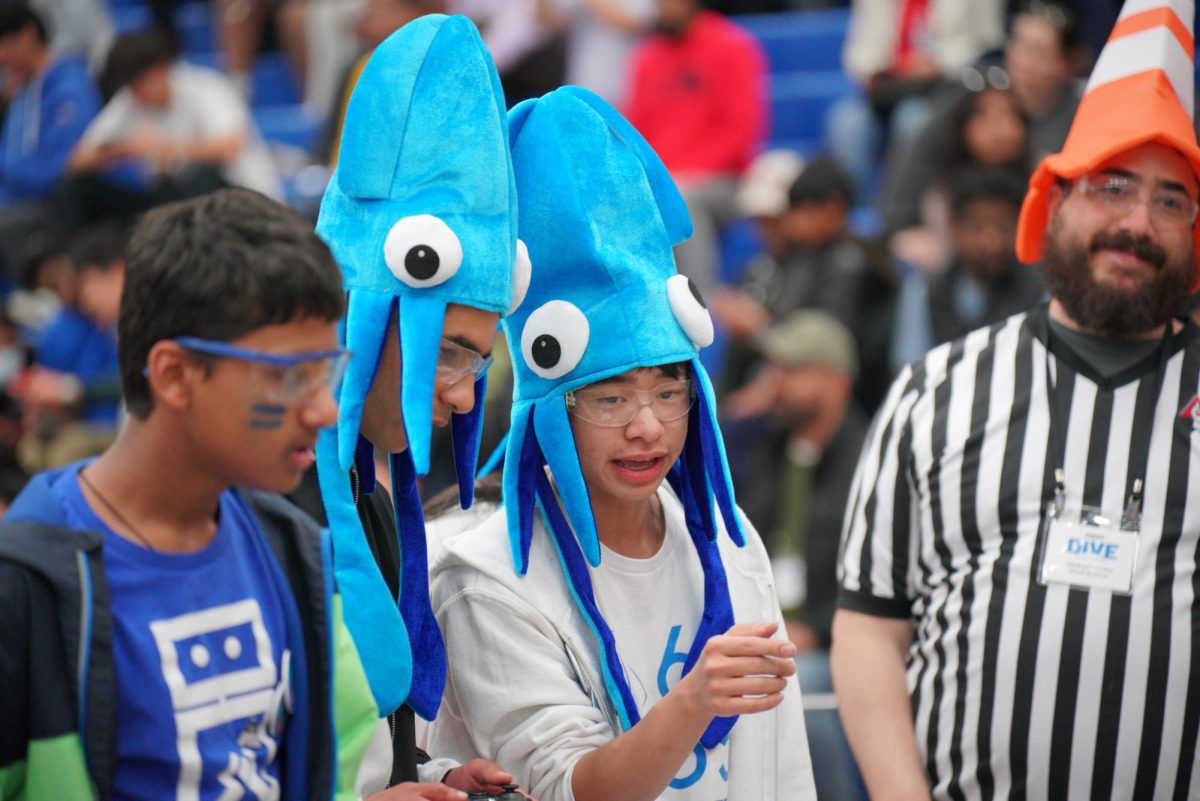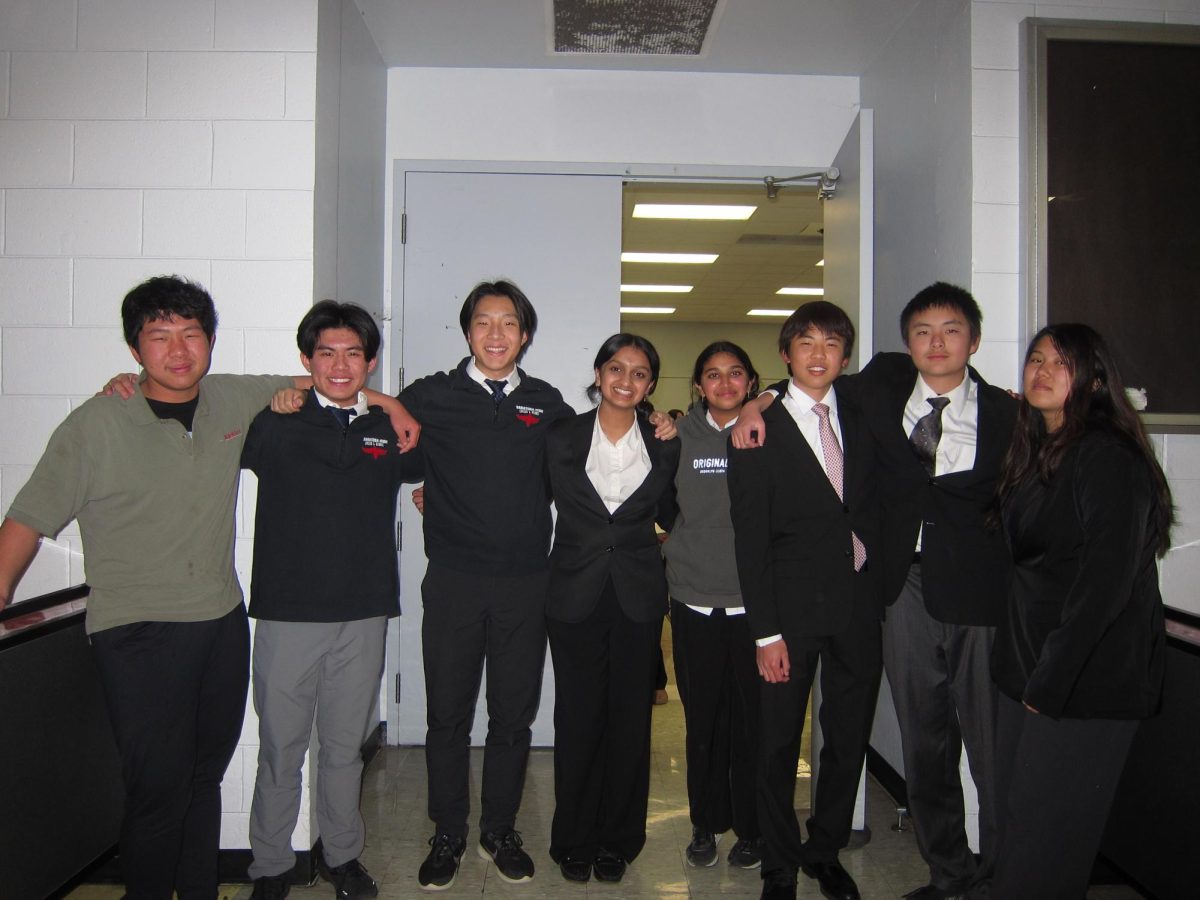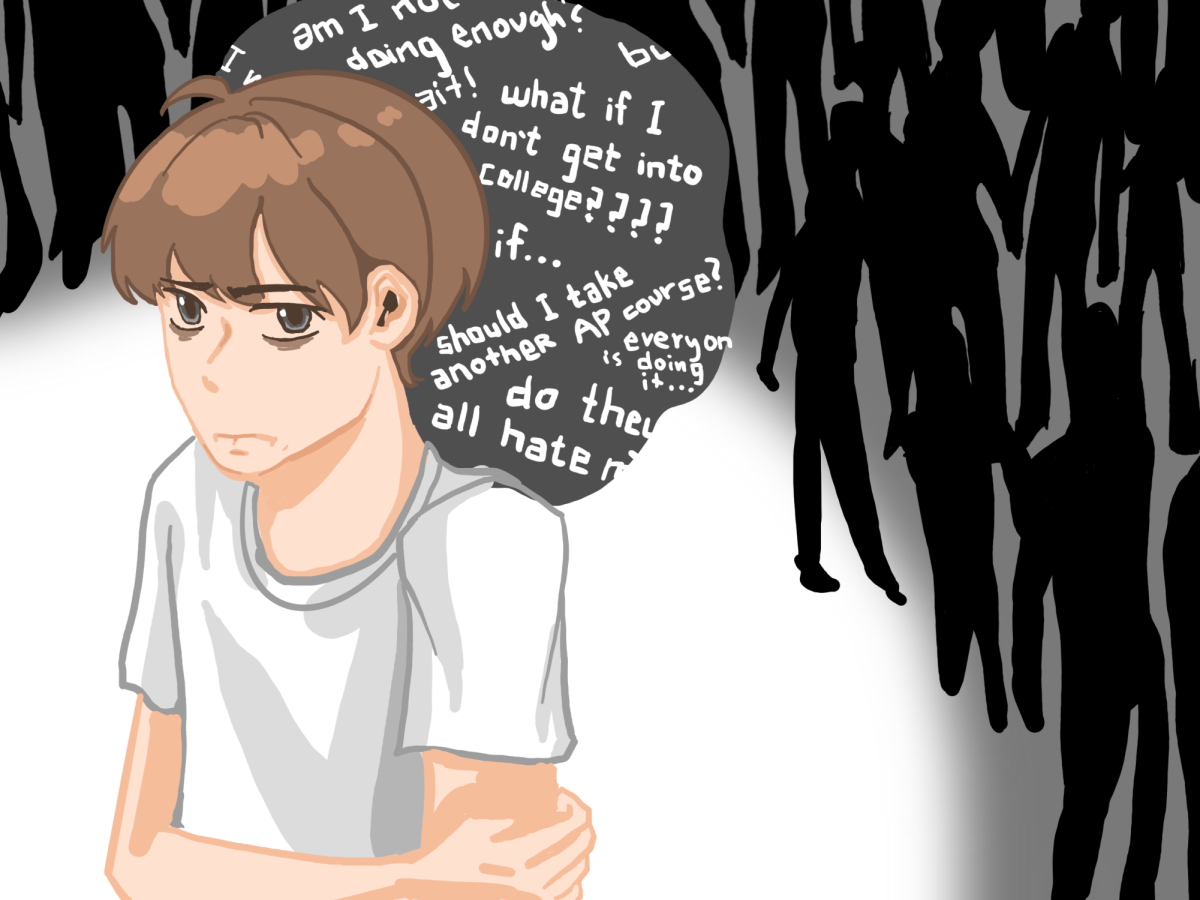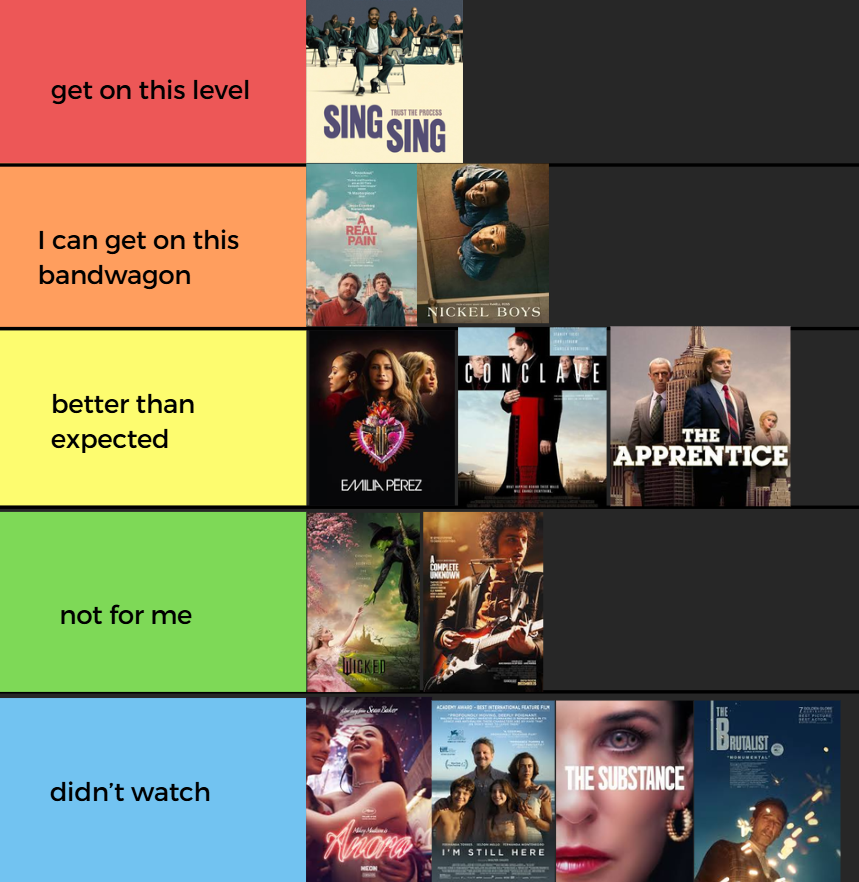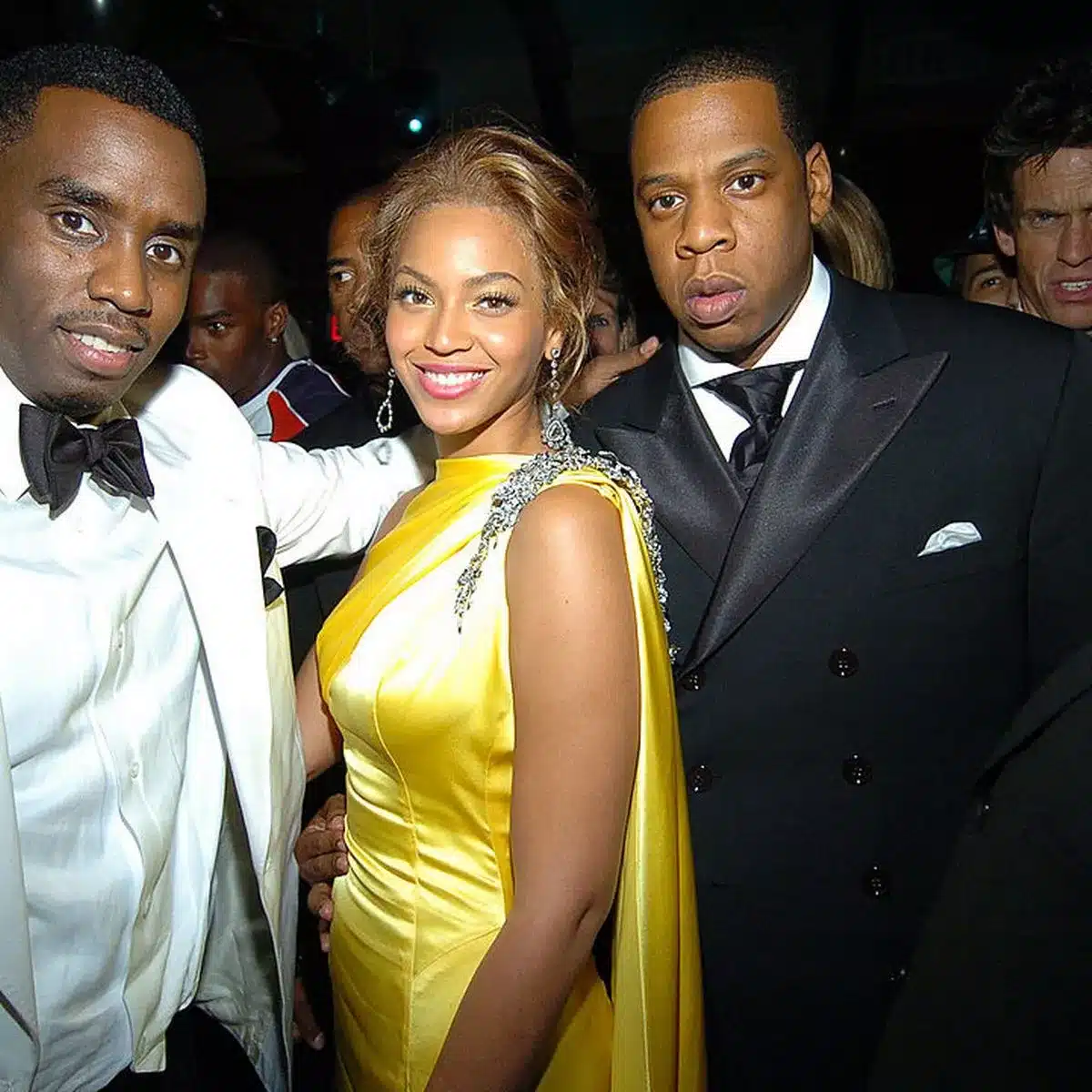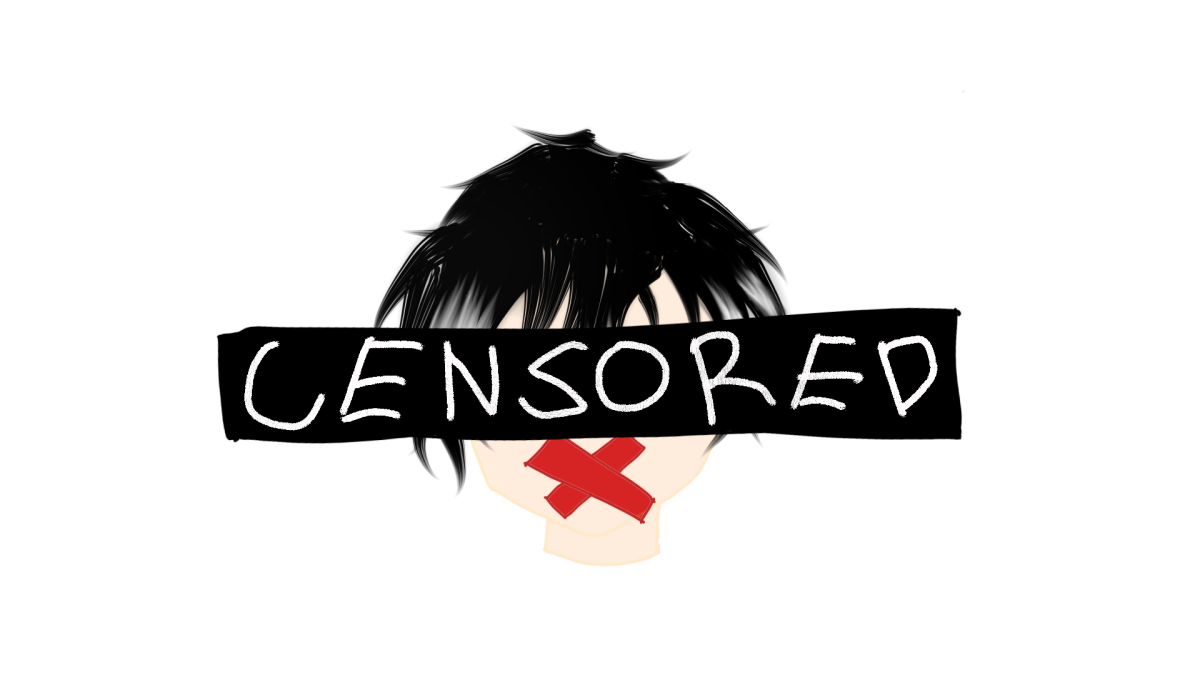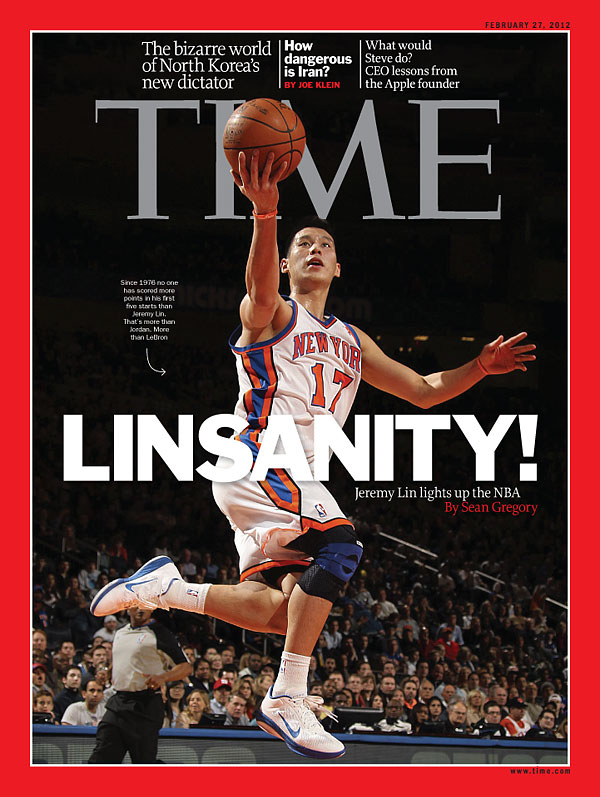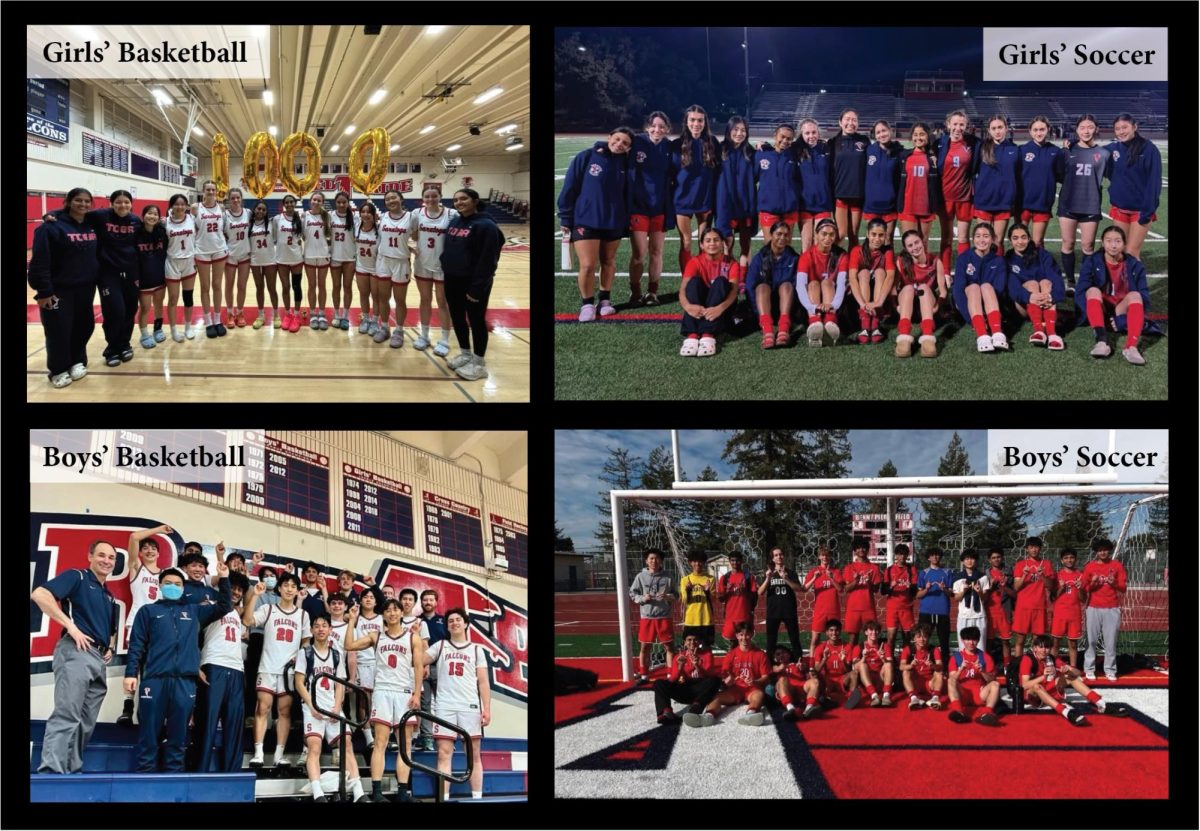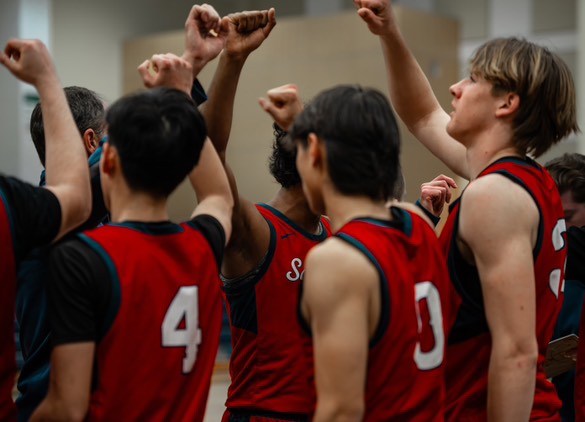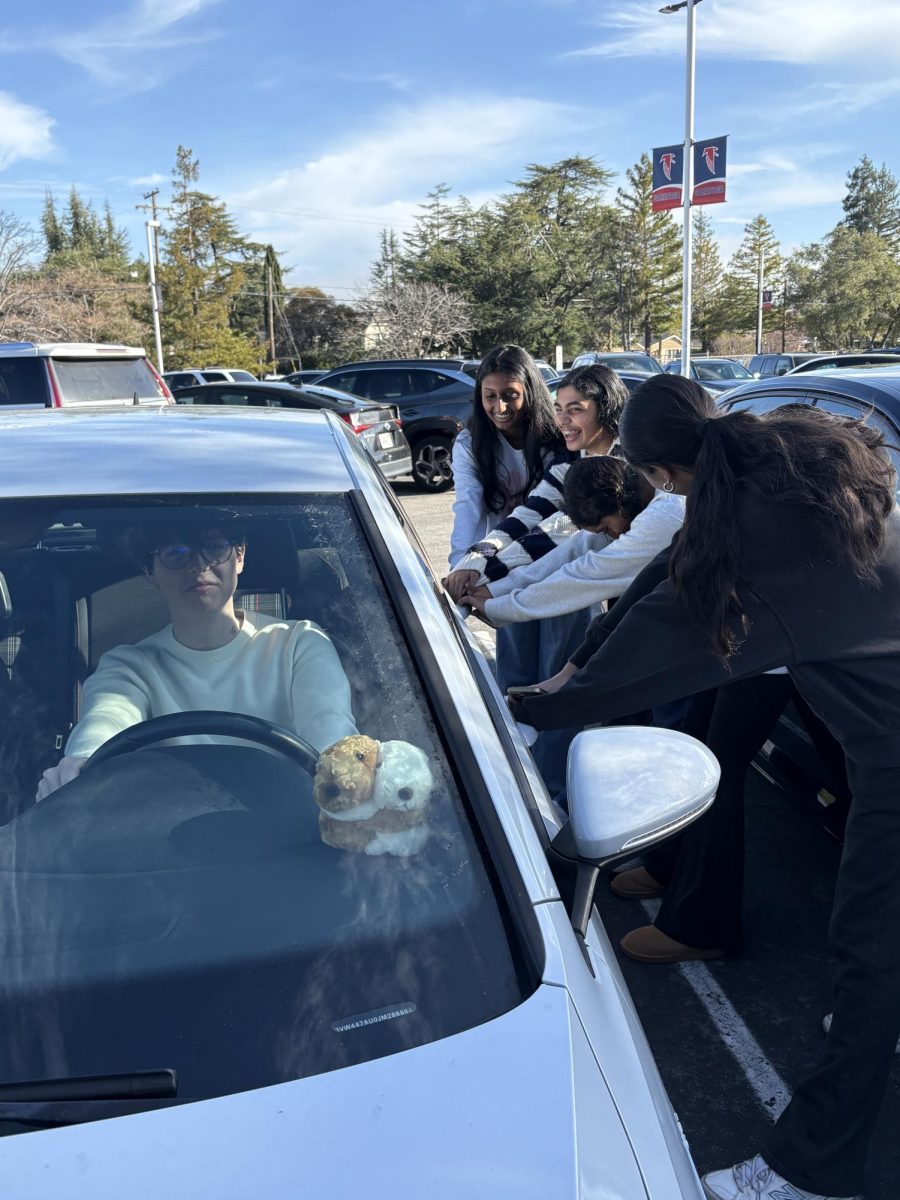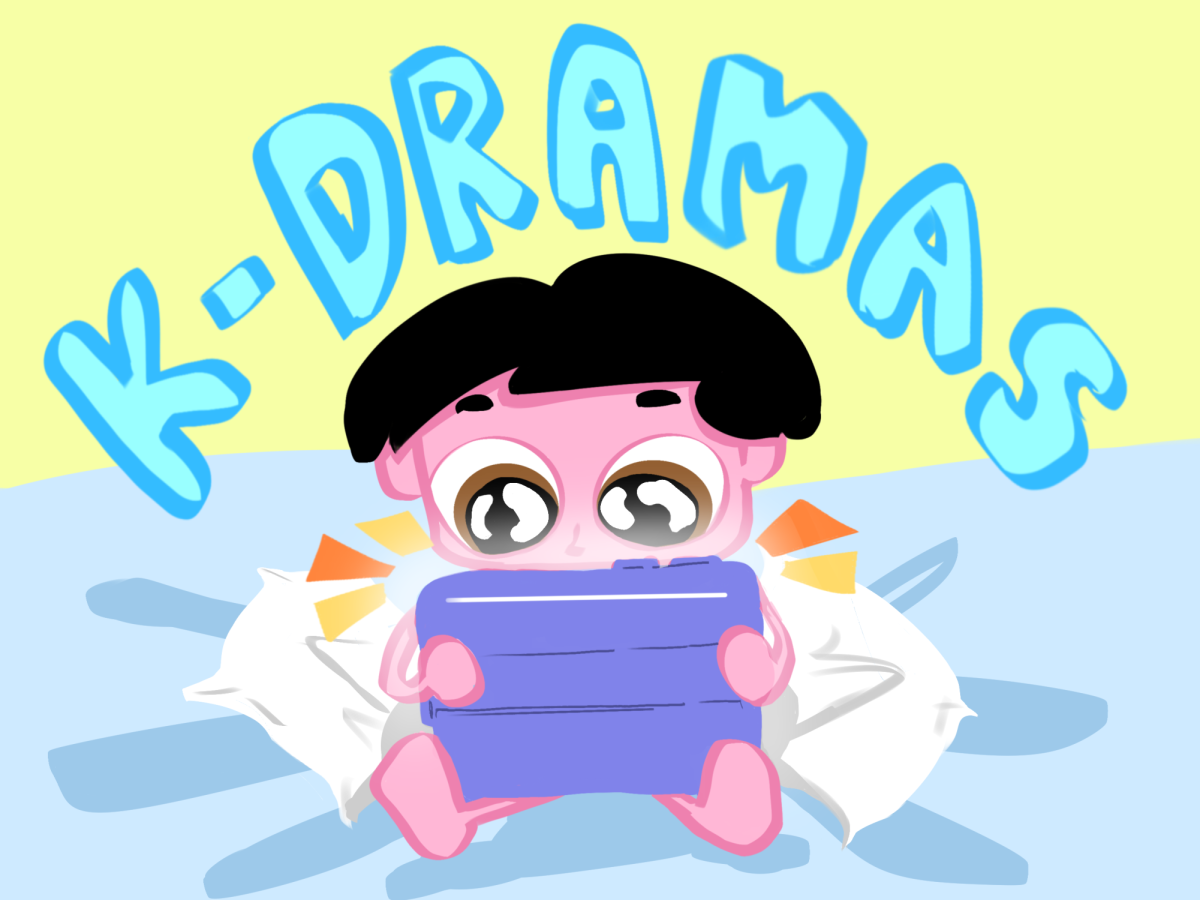In recent years, the simple question of “Will you go to prom with me?” has been asked in increasingly elaborate ways, ranging from posters and flowers to choreographed dance performances. However, a Los Gatos High School senior has been criticized for going too far with his “promposal” on May 12, when he decided to ask the question in blackface.
Blackface occurs when an individual paints his or her skin black to imitate an African American. It originally gained popularity in the mid-19th century and was used by white performers to propagate racial stereotypes and inferiority in blackface minstrel shows. In many cases, the show were used to justify the institution of slavery. The Civil Rights Movement of the 1960s established the practice as racist in mainstream society.
According to an editorial published May 16 on the Los Gatos High School’s newspaper, El Gato, the senior's prom asking was based on a Bitmoji avatar he had previously sent to the girl he was asking over Snapchat. The avatar was black, with blue hair, glasses, a tank top, bow, and holding a bright Prom poster. The senior omitted the bow, tank top, and blue hair dye, but still chose to blacken his face.
The senior’s promposal pictures on Instagram were met with little protest, even garnering praise from some of his peers, who called his asking “iconic” and applauded him as the “MVP.” The post has since been taken down.
2010 alumnus Miles Patrick Lucey, who called out a lack of reaction from social media and local news sources in a May 14 Facebook post, tagged local newspapers, as well as El Gato and The Saratoga Falcon. Subsequently, the editor-in-chief of the El Gato, Danika Lyle, wrote an editorial outlining the offensive nature of blackface and criticizing students for supporting the racist practice.
While some responses to the online editorial applauded El Gato for drawing attention to the incident, others defended the senior who performed the asking, questioning the offensive nature of blackface.
On May 18, the Los Gatos High School administration released a statement concurring with Lyle’s editorial, asserting that “no communication about any school event should denigrate another person or group for any reason.” The administration claimed to be aware of two supposedly racist prom askings this spring and warned against any repeat of such behavior.
According to the statement, the LGHS administration is “responding to the situations as a school and care to do so sensitively,” keeping work with individual students confidential. Currently, it is also pushing new programs to increase cultural sensitivity among the student body.
Madeleine Keller, another alumna of the school, addressed the asking and the administration’s statement in a blog post on May 19 titled “Blackface Prom Asks Indicate it’s Time to Remedy Closet-Racism,” attributing the behavior to roots in the school’s education itself. The post tackled the relatively non-diverse environment at Los Gatos and the “nice bubble” it creates “where the issue of race rarely confronted.”
Statistics on the U.S. News website from the 2014-15 school year estimated that 70 percent of the 1,912 total students at LGHS were white, 10 percent were Asian, 9 percent were Hispanic, and 1 percent were black.
According to Keller, her English and history classes at LGHS rarely discussed racism, which was somewhat treated as a thing of the past. As a white person, Keller said she found that her education at LGHS never broke through “the blissful ignorance” she was afforded as a white person, as she “never had to go too far out of [her] comfort zone to understand other cultures, ethnicities, and racial identities.”
In her post, she wrote that after befriending more classmates of minority races in college and learning about their lives and history, her ignorance was shattered.
Lucey recounted a similar experience, noting that history courses discussed race relations in obvious places, such as slavery in the U.S. and the Holocaust, but failed to emphasize how race relations continue to impact the social landscape of the U.S. today, and continue to impact the way countries interact with one another in the modern world.
For Lucey, moving on to Berkeley for college meant that topics of race were handled much more aggressively and unapologetically than he had experienced before.
Lucey did not recall seeing or hearing anything as aggressively oppressive as the use of blackface, but did remember students making racist remarks casually in high school. Few students actively confronted their peers after such comments were made.
“Don’t get me wrong, the educational experience at Los Gatos is exceptional and it gave me many of the tools I was able to use to succeed in college,” Lucey said. “But I think that the students would really benefit from courses that discuss racial sensitivity in their curriculum.”
Editor’s note: The Falcon reached out to the Los Gatos High School ASB and the senior involved in the prom asking for comment. Neither had responded as the Falcon went to print.

